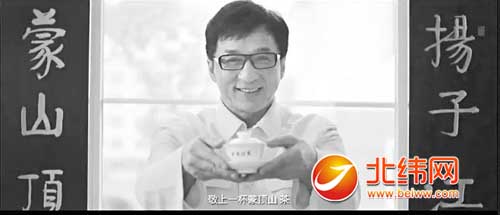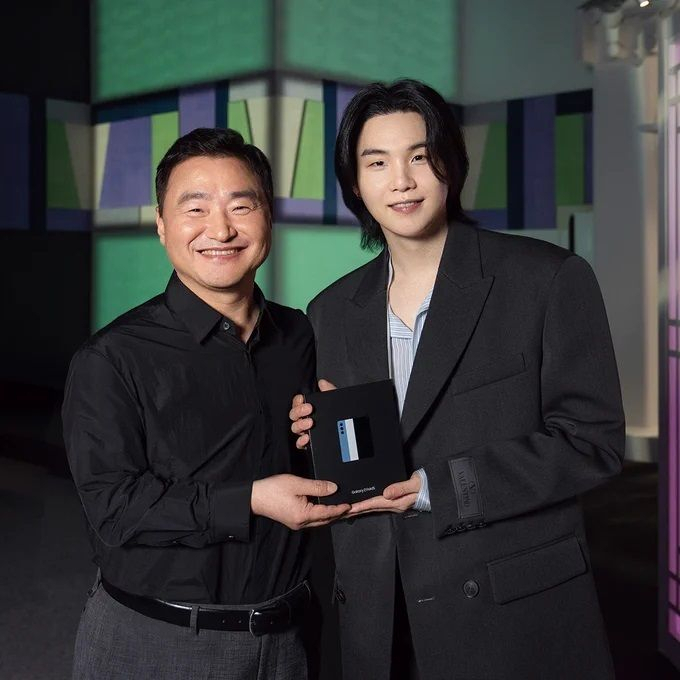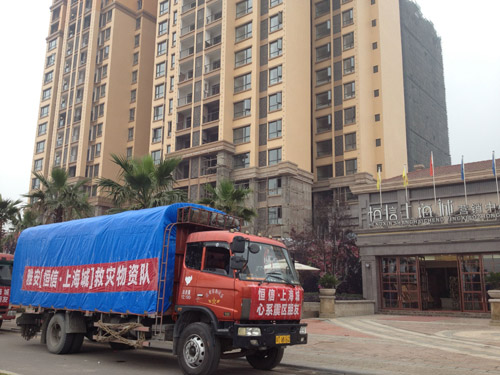您现在的位置是:半岛新闻网 > 新闻中心
US, North Korea continue tug
半岛新闻网2024-09-22 07:32:03【新闻中心】8人已围观
简介Foreign Minister Kang Kyung-wha, right, U.S. Secretary of State Mike Pompeo, left, and Japanese Fore
 |
| Foreign Minister Kang Kyung-wha, right, U.S. Secretary of State Mike Pompeo, left, and Japanese Foreign Minister Taro Kono hold hands as they meet a the Ikura Guest House in Tokyo, Sunday. / Yonhap |
'US failed to propose what N. Korea wanted for regime safety'
By Yi Whan-woo
North Korea and the United States apparently failed to narrow their differences over the methods for the North's denuclearization, during U.S. Secretary of State Mike Pompeo's two-day visit to Pyongyang last week.
The two sides still want to keep their negotiations active and agreed on creating a working group to discuss the details.
Pompeo's visit was a follow-up to a "comprehensive" agreement reached between leaders of the two countries in Singapore, June 12.
U.S. President Donald Trump and North Korean leader Kim Jong-un agreed on "complete denuclearization of the Korean Peninsula," but without specifying details.
Pompeo said his talks with Kim Yong-chol, vice chairman of North Korea's Workers' Party, had been held in "good faith" and that "progress" had been made on central issues.
"These are complicated issues but we made progress on almost all of the central issues," Pompeo said in Pyongyang, before wrapping up his trip and flying to Tokyo. "Some places, a great deal of progress, other places there's still more work to be done."
Analysts disagreed, pointing out that Pompeo did not meet with Kim and only handed over a letter from Trump to Kim. The letter was believed to carry greetings from the U.S. president.
The experts also pointed out that a spokesman for North Korea's foreign ministry criticized the U.S. hours after Pompeo's departure.
In a statement carried by the North's state media, the spokesman claimed U.S. demands for specific pledges on complete denuclearization violated the spirit of the agreement reached in Singapore.
"The U.S. side came up only with its unilateral and gangster-like demand for denuclearization," he said. "All of which run counter to the spirit of the Singapore summit and talks."
He also called Pompeo's visit "regrettable" and that it raised the "risk of war."
The U.S. Department of State declined to comment on Pyongyang's reaction or any future talks.
Analysts speculated that the U.S. and North Korea are on the same course on a need for denuclearization but remain poles apart regarding the relevant methods.
"It appears the U.S. put priority on denuclearization but fell short of offering carrots, such as a guarantee of the Kim regime's survival, and thus failed to meet Pyongyang's expectations," said Yang Moo-jin, a professor at the University of North Korean Studies.
Koh You-hwan, a professor of North Korean studies at Dongguk University, voiced a similar view.
"The North appears to believe that it was ready to fulfill the U.S. concerns but the U.S failed to propose what it wanted." He said. "It does not want the negotiations to come to an end but rather wants to make sure the two sides simultaneously offer and fulfill their needs in the future."
National security strategy senior researcher Cho Sung-ryul claimed Pompeo's visit was "the beginning of diplomatic discussions" to achieve denuclearization in each other's favor.
"It seems the North wanted a step-by-step method based on trust, whereas the U.S. insisted on complete, verifiable and irreversible dismantlement," Cho said.
Meanwhile, Pompeo briefed Foreign Minister Kang Kyung-wha and Japanese Foreign Minister Taro Kono in Tokyo on the outcome of his trip late Sunday.
He said there was still work to be done on the much-awaited timeline for denuclearization although progress had been made.
The three diplomats agreed to keep sanctions on North Korea until its full denuclearization.
"Sanctions will remain in place until final, fully verified denuclearization," Pompeo said at a joint press conference after his meeting with Kang and Kono. "While we are encouraged by the progress of these talks, progress alone does not justify the relaxation of the existing sanctions regime."
很赞哦!(89)







